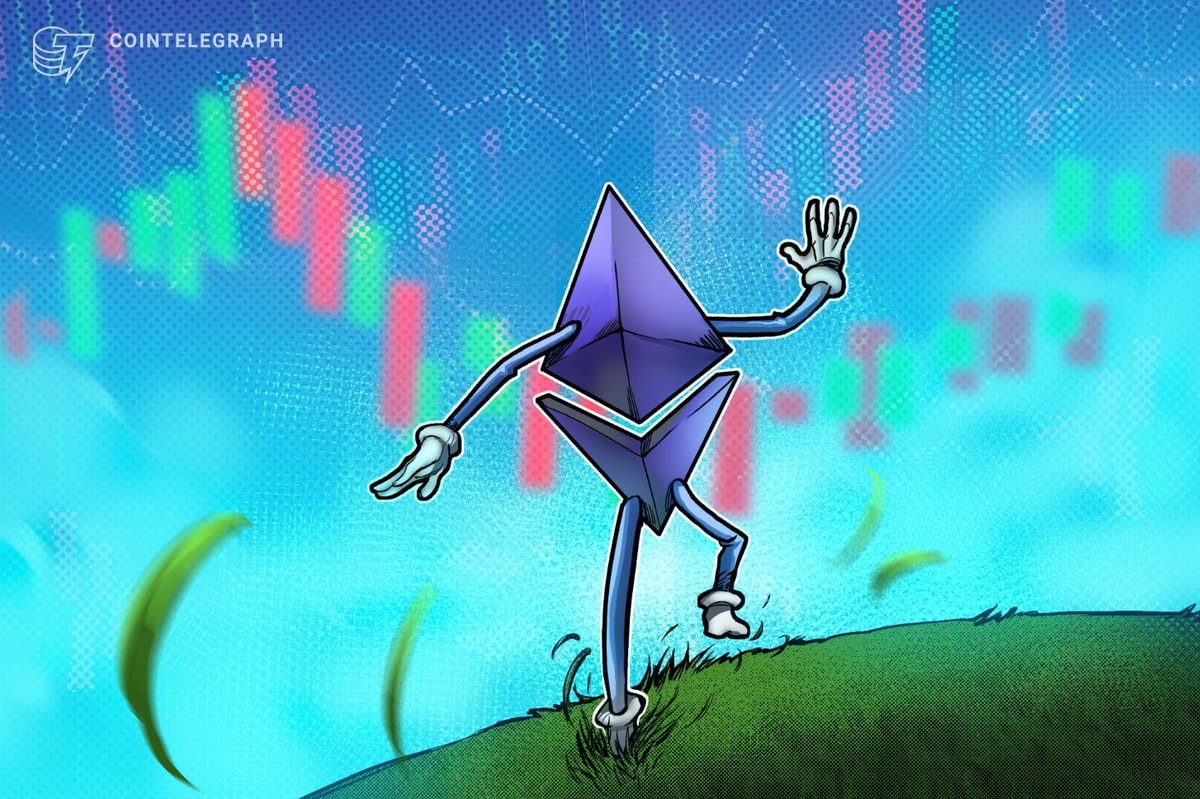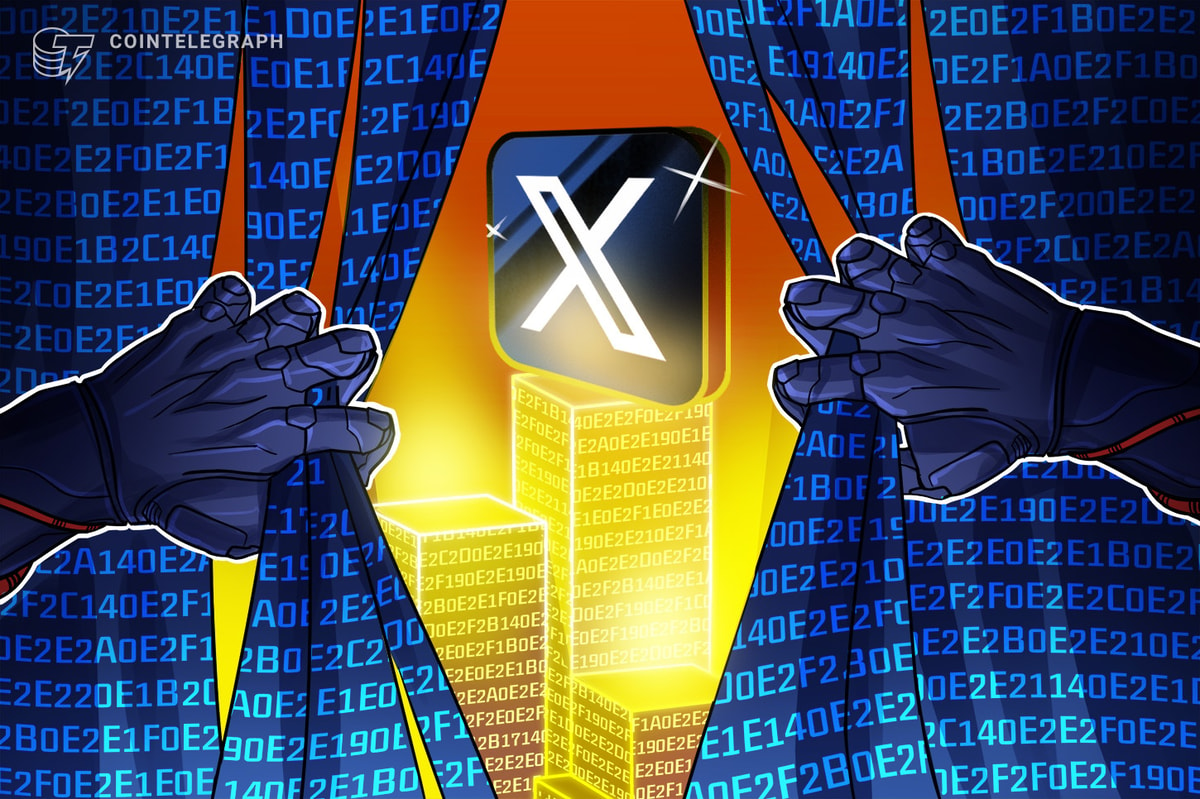Tron CEO, Justin Sun, has announced a plan to introduce a privacy protocol for the Internet named “MPC Torch.” Such an ambitious claim is dubious given the project’s lackluster history and Sun’s reputation for failing to deliver on bold promises.
1. The Tron network is failing to attract legitimate adoption
Whereas Tron is designed to compete with Ethereum, since its much-hailed IPO in September, 2017 the platform has become largely a speculative asset. Almost all of its decentralized applications (dApps) are gambling-based, and its market share is declining.
Moreover, Tron is notorious for having most transactions based on wash trading and inaccurate reporting from exchanges.
2. Justin Sun has a history of dishonesty and false claims
The controversial head of the Tron team, and leading cheerleader for its adoption, has long resorted to gimmicks and showmanship to draw attention to his platform. Last year he agreed to pay USD $4.6 million for lunch with Warren Buffet, only to pull out at the last minute citing a kidney stone issue. Buffet later cancelled the invitation.
Perhaps the most notorious stunt came last March, when Sun held a much hyped promotion to give away a Tesla, yet chose the eventual winner only after a botched and almost certainly rigged selection process.
More recently, Sun has exploited the Corona virus emergency to promote Tron:
Fighting #coronavirus! #TRON is on the way! Wuhan, we are with you! Stay strong! @Tronfoundation pic.twitter.com/yVpYvBTiwt
— Justin Sun (@justinsuntron) January 28, 2020
He has also been heavily criticized for attempting to capitalize on the death of basketball legend Kobe Bryant.
Last week, DigiByte co-founder Jared Tate referred to Sun as a “sleazy premining con artist,” after Poloniex delisted his platform:
We are watching you @Poloniex. You openly declared war. Your sleazy premining con artist @Justinsuntron might have bribed and paid off the spineless @jerallaire but this is only the beginning.
— Jared Tate ©️ (@jaredctate) January 27, 2020
Sun claims that twenty participants have joined his MPC Torch Project, yet has given no details other than to state that it will be based on the zk-SNARKs protocol, a potential privacy layer being explored for several blockchain platforms. Success would no doubt give Tron a major boost, yet there is little in the way of Tron’s track record to suggest that it will happen.
3. A history of unsuccessful partnerships
Since its release, the Tron team has announced a number of high-profile partnerships that have proven to be disappointments. Its embrace by Poloniex for trading pairs has landed with a notable thud, with liquidity on the exchange drying up fast.
Also, in 2018 Tron purchased BitTorrent, after which it announced a plan to decentralized Internet content dubbed “Project Atlas.” It has since failed to deliver any notable results. In fact, it is currently involved in a lawsuit with BitTorrent parent company Rainberry Inc. over alleged labor violations.
What do you think about Tron’s MPC torch challenge? Add your thoughts below
Images via Shutterstock, Twitter @jaredctate @Justinsuntron











